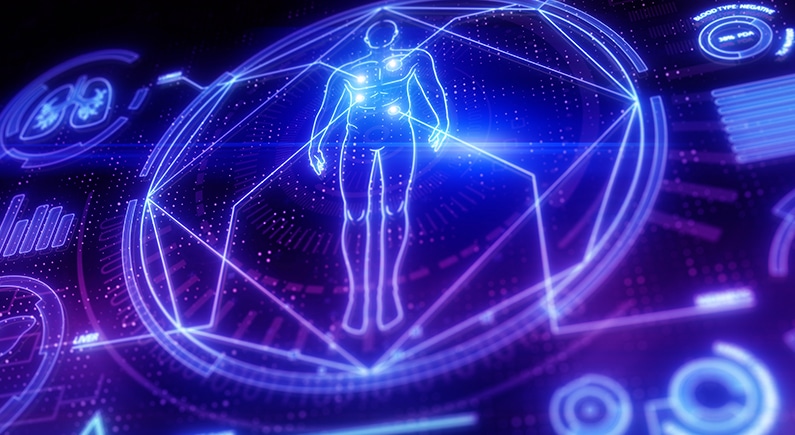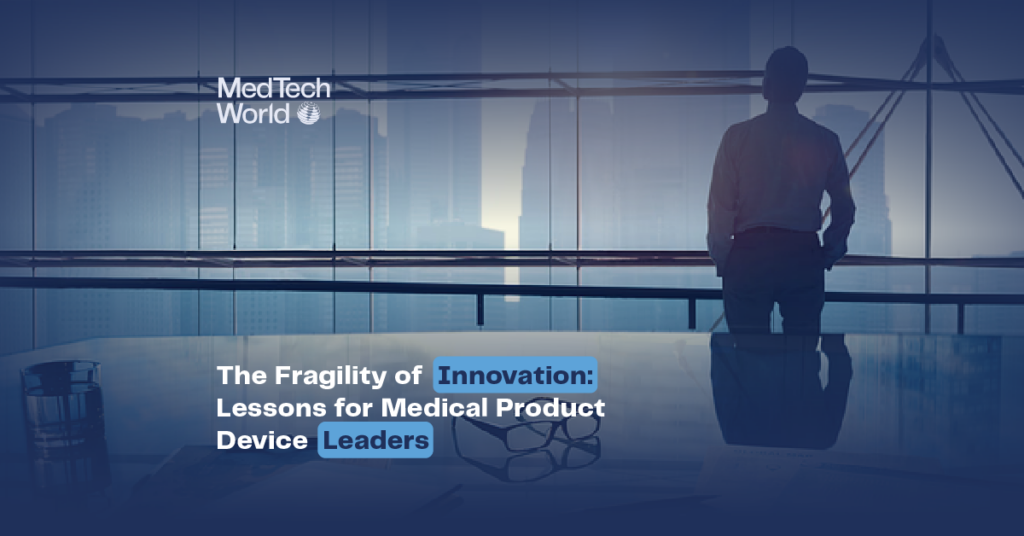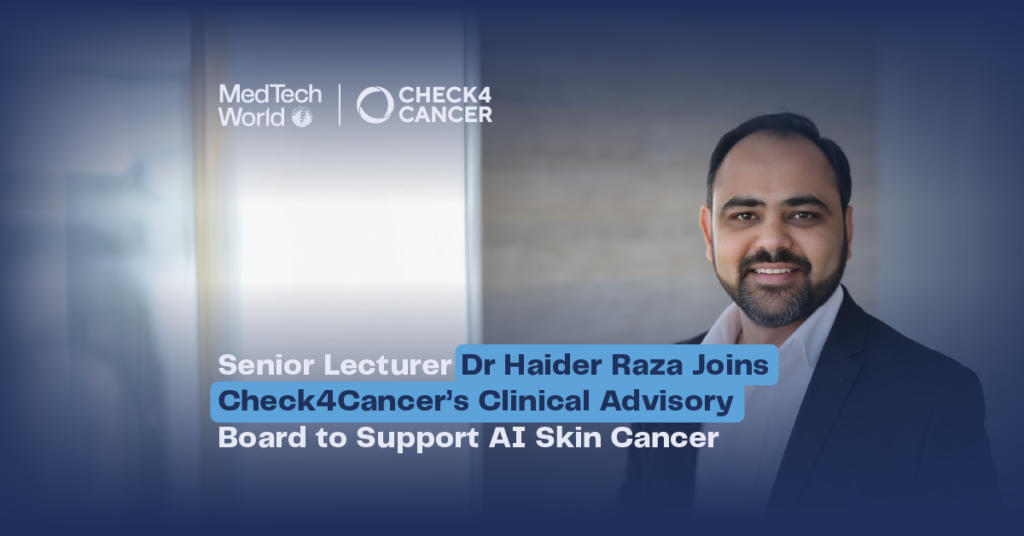
Michael Joe Cini
28th April 2022
AI in Healthcare: An Innovation Revolutionising Medical Practice
Making quicker diagnoses, creating better treatment plans, and enabling a new approach to patients management by integrating AI into healthcare
As the human race evolves, technology continually advances. Factors such as productivity, convenience, and effectiveness among others have played a crucial role in the need for simpler and better ways of doing things. Evolution is taking place at an increasing pace and to keep up, a timely solution must be built. An example of such prompt intervention is the introduction of artificial intelligence (AI) in the practice of Medicine.
AI has touched nearly every aspect, the healthcare system included. It processes large troves of data in the electronic medical records, searches for patterns to predict future outcomes, and recommends treatments based on the information that has been inputted into it. AI is equipped to assist in spotting subtle but serious changes in a patient’s condition that are yet not visible or noticed in a busy hospital unit and predicting the prognosis and morbidity of a patient.
Artificial intelligence can identify symptoms and make diagnoses; it can assist in surgery, predicting when an epidemic will break out, and undertaking hospital administrative work such as making appointments and registering patients. AI holds significant promise to transform and improve patient care and safety in the Emergency Room (ER) or ICU. Artificial intelligence has an inexhaustible list of use cases in Medicine, a few of which are mentioned below:
Use cases of AI in healthcare
Clinical Decision Making
Specialties such as radiology, pathology, ophthalmology, and others that are data-intensive have already adopted the use of AI due to its potential to harness vast amounts of data. Also, in the ER where precise, accurate, and fast decision has to be made based on data, the use of AI makes it easier and much faster, thereby improving the outcome of the patient’s care.
For example, Advance Alert Monitor developed by Kaiser Permanente can identify patients that will deteriorate by scanning patients’ data continuously and assigning scores that predict the risk of death or transfer to the ICU. This allows healthcare providers to make appropriate decisions when the patients are still relatively stable.
Precision Medicine
Precision medicine is an approach to the treatment and prevention of diseases that takes into account individual variability in genes, environment, and lifestyle. AI, by increasing the accuracy and prediction of outcomes via mining a vast amount of clinical, social, lifestyle, genetic, and preference data, can take precision medicine to the next level.
Asides from predicting the outcomes of current patients, AI can predict the probability of future patients’ having a disease. With this level of awareness, healthcare providers will be able to tailor treatments to individual patients and know the best care plan for the entire population.
Others
Autonomous diagnostic devices using AI technologies can carry out simple medical tests without human assistance, thereby relieving healthcare providers of their routine activities.
Artificial intelligence-based diagnostic tools make diagnosis faster and more accurately, using historical medical data and patient records.
Al algorithm improves hospital operations, inventory, and staffing schedule by using environmental and medical factors to predict patient behaviour and disease probabilities.
Hurdles to AI Advancement
One big challenge to the development and adoption of AI in healthcare is the lack of sufficient quantities of high-quality data in standardized formats. Artificial intelligence needs massive data to learn, however, it is difficult to gather data scattered across different medical institutions. Consequently, AI can’t proceed further in the learning and deep understanding procedure.
Another challenge to the advancement of AI in healthcare is technological limitations. Although the principle of operation of AI is known, how exactly its algorithm makes judgments is still unclear. Due to this lacking knowledge, questions have been raised: Can patients trust AI with their lives? How accurate is the diagnosis made by AI? What measures are in place to prevent misdiagnosis? Who should be held responsible when there is a problem?
AI Vs Humans
In a Swedish study led by Lars Edenbrandt, a medical doctor and an expert in artificial intelligence, Hans Ohlin, one of the top cardiologists in Sweden and a man who ordinarily read as many as ten thousand EKGs per year, went head-to-head with a computer. In this study, two thousand two hundred and forty EKGs were selected to test both of them, of which exactly half, one thousand one hundred and twenty, were confirmed to show heart attacks. The results show that Ohlin correctly identified six hundred and twenty while the computer picked up seven hundred and thirty-eight. Machine beat man by 20%.
It is however important to know that, artificial intelligence is a mathematical instrument that runs on the data that humans feed it. It tries to mimic the process that is happening in the human brain, but the power of intellect a trained doctor has cannot be discarded. Human intuition and experience definitely cannot be replaced by a machine-learning algorithm.
About Med-Tech World:
Being led by physicians we have a deeper understanding of how things in the healthcare industry work. We know healthcare is not like any other industry and as a result provide the expertise that others do not. Have an exhibition booth of your own, throw a specific side event, or else just tell us what you want to get out of Med-Tech and we’ll have a dedicated team drum up the most relevant opportunities for you. Reach out to Dylan.




